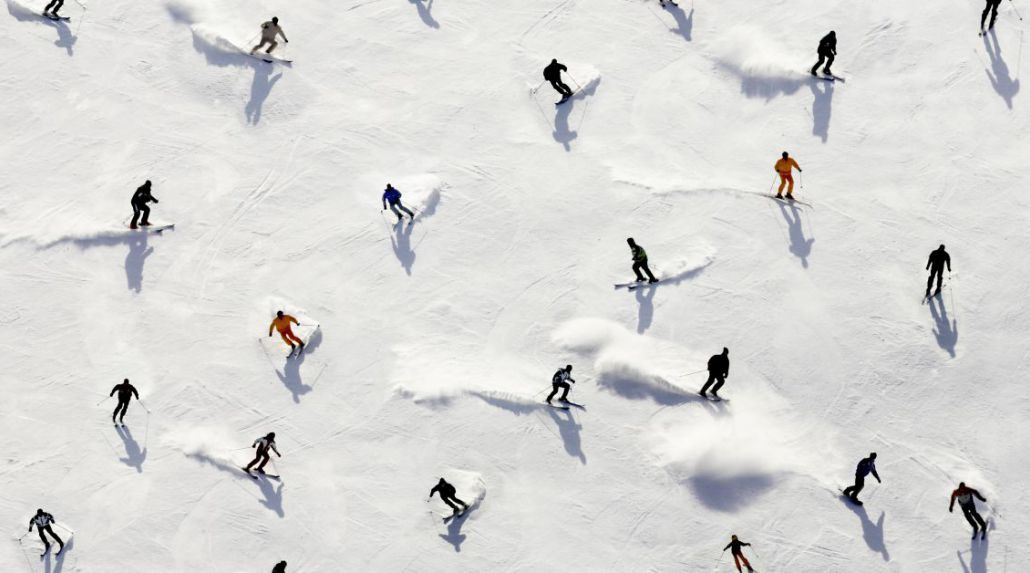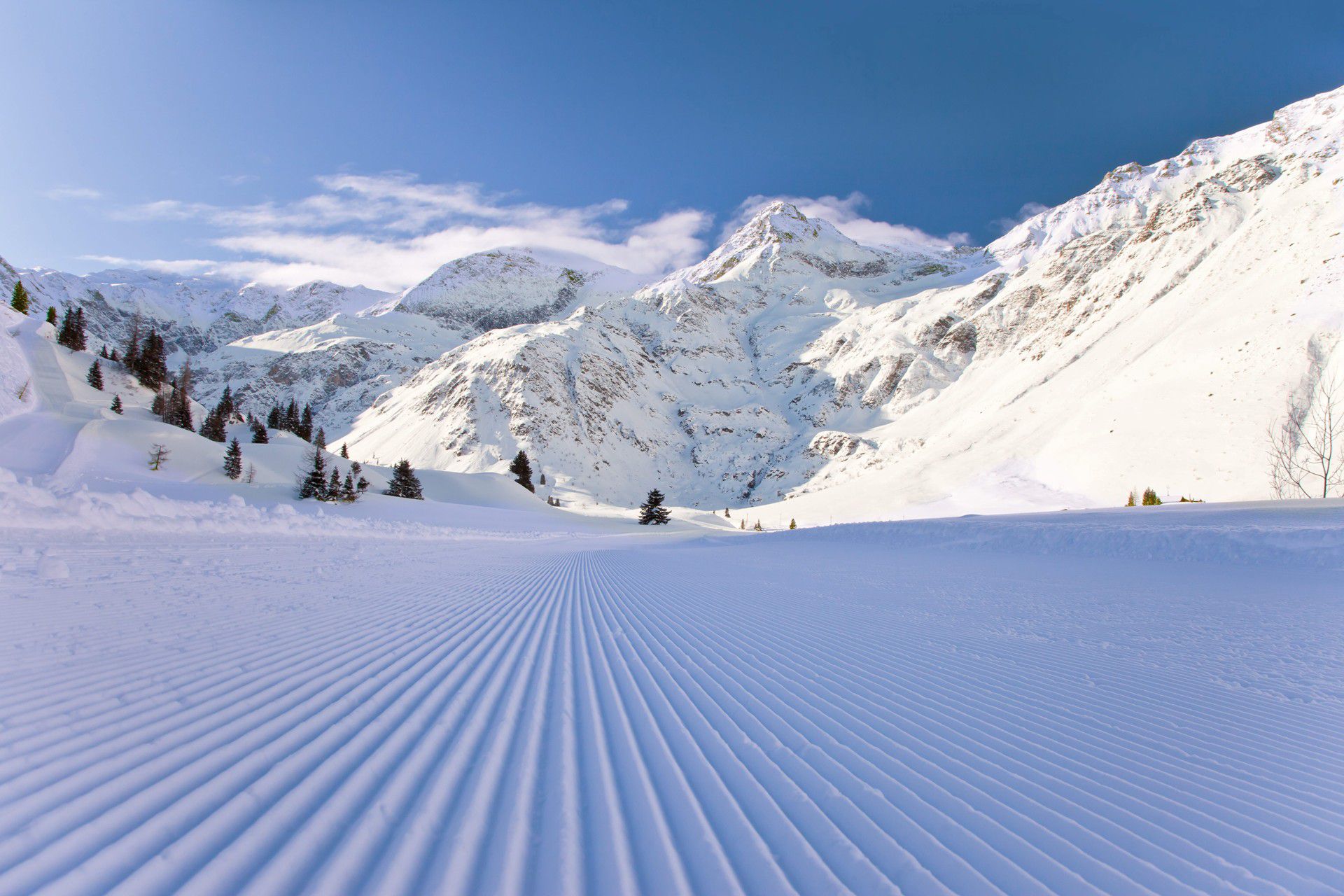

Important update on winter sports holidays
In the wake of the widespread media attention for holidaymakers returning from ski trips last spring, the subject of winter vacations has been conspicuously absent from the travel debate. And this is only logical, because the incomprehensible jumble of constantly changing colour codes, quarantines and testing for and during the summer holidays provided more than enough fuel to fill newspapers and news reports.
Still, this is normally the period when people start planning their winter sports holidays. Early August there was a first hiccup when the small Swiss ski area Fideriser Heuberge in Graubünden announced it wouldn’t be opening this winter. The ski area claims it is unable to satisfy the Covid-19 requirements and thereby guarantee the health of visiting holidaymakers. According to the ski area it is not possible to operate safely and remain profitable.

Today, 8 September, Austrian chancellor Sebastian Kurz announced that winter tourism will be possible in 2021. The ski season is obviously a key economic factor in Austria. Kurz stated they are currently working on a concept but he was unwilling to share any details at this time.
We decided to dig a little deeper and based on plans recently published by the larger Austrian ski areas, we are glad to give you an idea of what your ski holiday might look like this winter. Late August, Ischgl announced its Covid-19 measures. They are designed to guarantee the health and safety of all guests, staff and the local residents:
Clear information signs will be posted at various locations in and around the ski area;
With the purchase of your ski pass you get a multifunctional cloth that can be used as a face mask. Wearing a face mask is mandatory in, amongst others, cable cars and chair lifts;
A minimum distance of one metre must be observed in all queues and in busy locations. Crowd levels will be kept under control at all times;
Distancing rules apply in restaurants;
There’s limited access to bars and restaurants;
Restaurants use digital menus that can be downloaded using QR codes;
The only music to be played will be background music;
All staff in the area are tested for Covid-19 on a regular basis;
Staff who come into contact with guests must wear a face mask and their temperature is taken before every shift;
Sanitising gels are available in various locations;
Gondolas are disinfected on a daily basis, 99.99% of all bacteria and viruses are killed in 1 minute. Ischgl uses a biologically degradable disinfectant that doesn’t harm the health of vacationers or staff;
It is possible that on slower days gondolas will not be filled to capacity;
In sports stores, buses, ski depots and first aid posts the air is disinfected on a daily basis;
The area reserves the right to limit the number of visitors;
When they check in to their accommodations guests must produce a negative Covid-19 test taken no longer than 72 hours before their arrival. Guests who are not able to produce such a test will have the option of undergoing a voluntary Covid-19 test on-site. Guests have their temperature taken on arrival;
Waste water is constantly monitored to ensure early detection of any outbreak;
Guests with Covid-19 symptoms must contact the staff at their resort immediately, there are special Covid-19 agents;
The Top of the Mountain concert will not be taking place this year. Ischgl is hoping that the end-of-season concerts will be able to proceed as planned.
All in all these measures are not too bad. More even, we won’t even notice most of these measures anymore by then. Our holiday experience will depend for a large part on how busy the ski slopes are but, to be honest, hasn’t this always been the case?
In other words, uplifting news from this attractive Alpine country!
